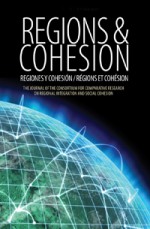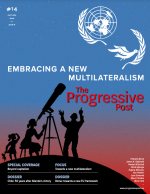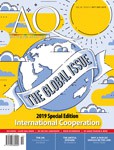Varieties of Moral Orders and the Dual Structure of Society: A Perspective from Positioning Theory

This paper argues that morality is what links structure to agency and that this perspective supports Giddens’ point of view that the agency–structure linkage entails not dualism but duality. These claims will be supported by bringing together four mediating concepts to address both how structures come to being and what the substance of structure is. First, John Searle’s concept of deontic power and Rom Harré’s concept of moral order will be discussed. This will allow to develop a typology of moral orders that distinguishes between cultural, legal, institutional, conversational, and personal moral orders. Second, the notion of field will be presented as a third mediating concept and it will be argued that the different types of moral orders form a latent background that operates as a normative field in which people act. The totality of those nested orders can be pictured as the structure of a society. The final part of the paper will introduce the concept of position, as used in Positioning Theory, as a fourth mediating concept to advance the analysis of moral orders as structures and relate it to the differences in power amongst actors. Here, it will be argued that declarative speech acts are the activators of moral orders, that moral orders enable for certain positions of agency, and that conversational story lines allow to reproduce or change structures.








